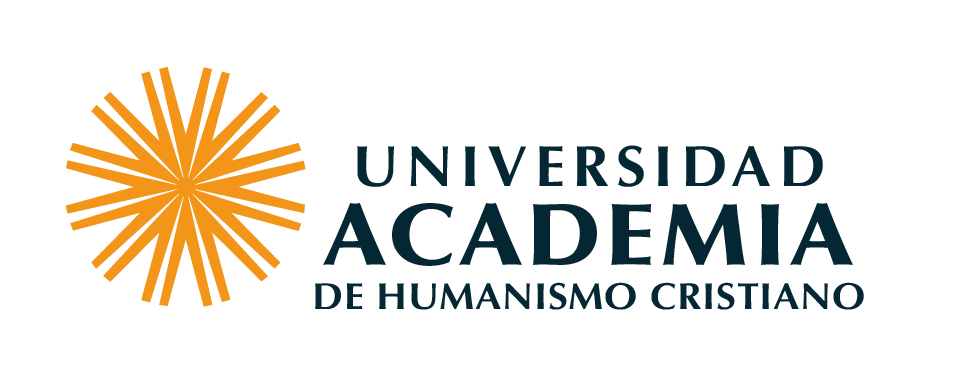Africanizing anthropology : fieldwork, networks, and the making of cultural knowledge in Central Africa / Lyn Schumaker.
Material type: TextPublication details: Duke University Press Durham 2001Description: 376 pISBN:
TextPublication details: Duke University Press Durham 2001Description: 376 pISBN: - 9780822326731
- 572.96894 S392 20
| Item type | Current library | Collection | Call number | Copy number | Status | Date due | Barcode | |
|---|---|---|---|---|---|---|---|---|
| Libro | Biblioteca Central Colección General | General | 572.96894 SCH (Browse shelf(Opens below)) | 1 | Available | 1420040 |
Browsing Biblioteca Central shelves, Shelving location: Colección General Close shelf browser (Hides shelf browser)
| No cover image available | No cover image available |

|

|
No cover image available | No cover image available | No cover image available | ||
| 572.1 MAL Una teoría científica de la cultura y otros ensayos / | 572.1 MAL Una teoría científica de la cultura y otros ensayos / | 572.7287 IGU La migración de los Kunas hacia la costa atlántica / | 572.96894 SCH Africanizing anthropology : | 572.97 LEW Tepoztlan : | 572.97 LEW Tepoztlan : | 572.97 LEW Tepoztlan : |
Africanizing Anthropology tells the story of the anthropological fieldwork centered at the Rhodes-Livingstone Institute in Northern Rhodesia (now Zambia) during the mid-twentieth century. Focusing on collaborative processes rather than on the activity of individual researchers, Lyn Schumaker gives the assistants and informants of anthropologists a central role in the making of anthropological knowledge.\Schumaker shows how local conditions and local ideas about culture and history, as well as previous experience of outsidersÕ interest, shape local peopleÕs responses to anthropological fieldwork and help them, in turn, to influence the construction of knowledge about their societies and lives. Bringing to the fore a wide range of actorsÑmissionaries, administrators, settlers, the families of anthropologistsÑSchumaker emphasizes the daily practices of researchers, demonstrating how these are as centrally implicated in the making of anthropological knowlege as the disciplineÕs methods. Selecting a prominent group of anthropologistsÑThe Manchester SchoolÑshe reveals how they achieved the advances in theory and method that made them famous in the 1950s and 1960s. This book makes important contributions to anthropology, African history, and the history of science.
There are no comments on this title.

